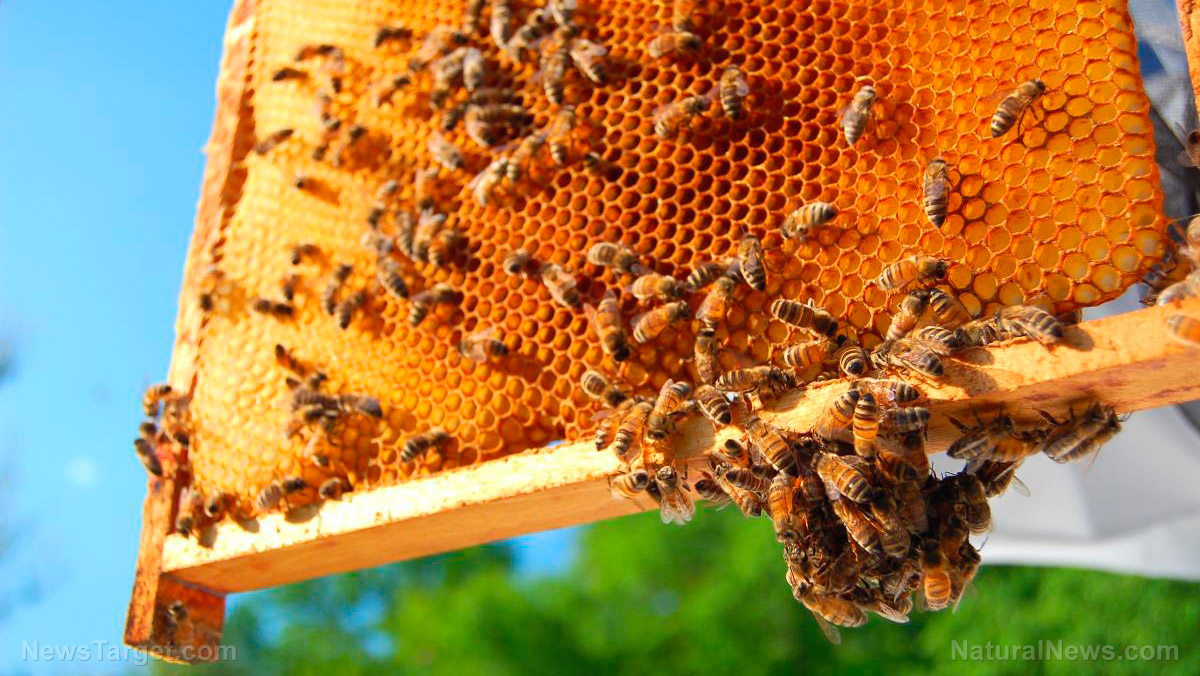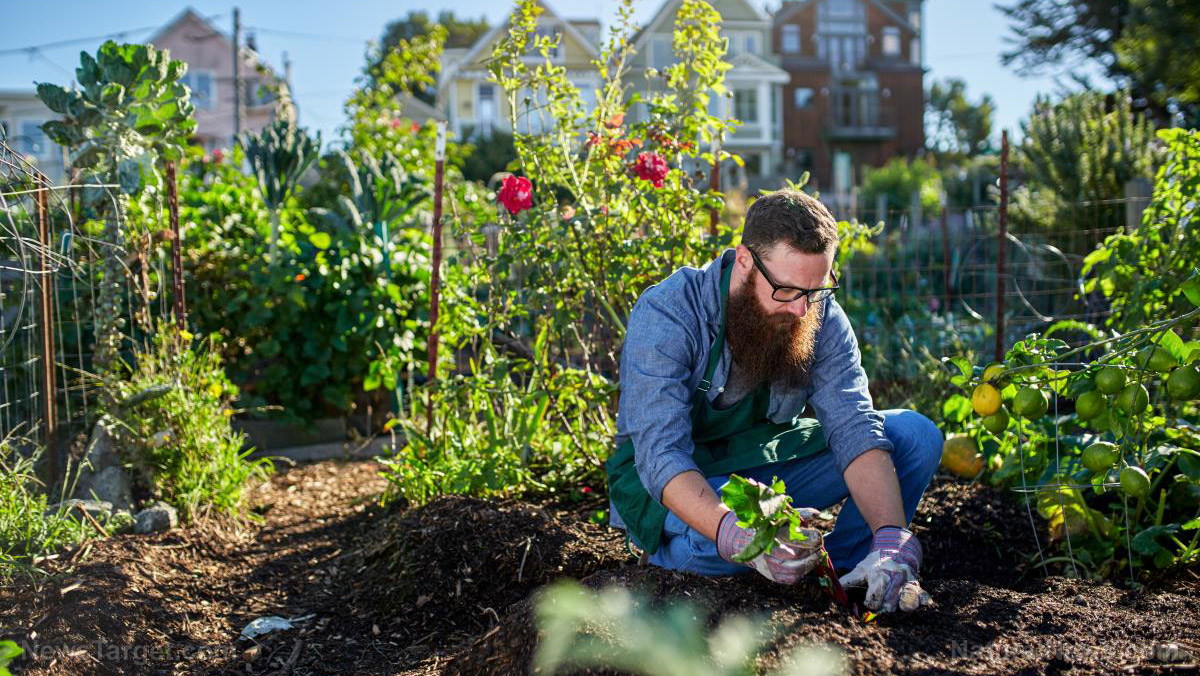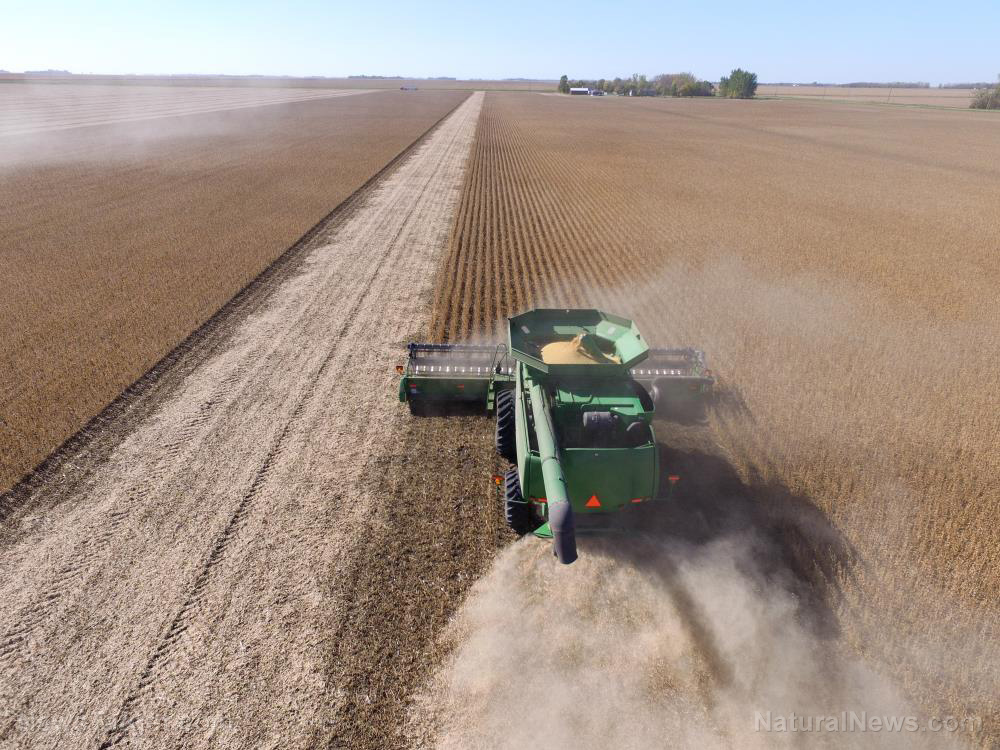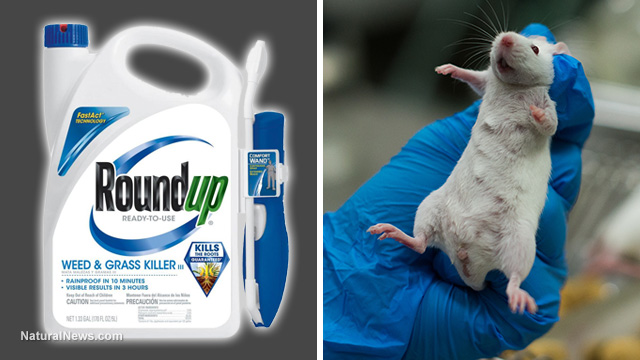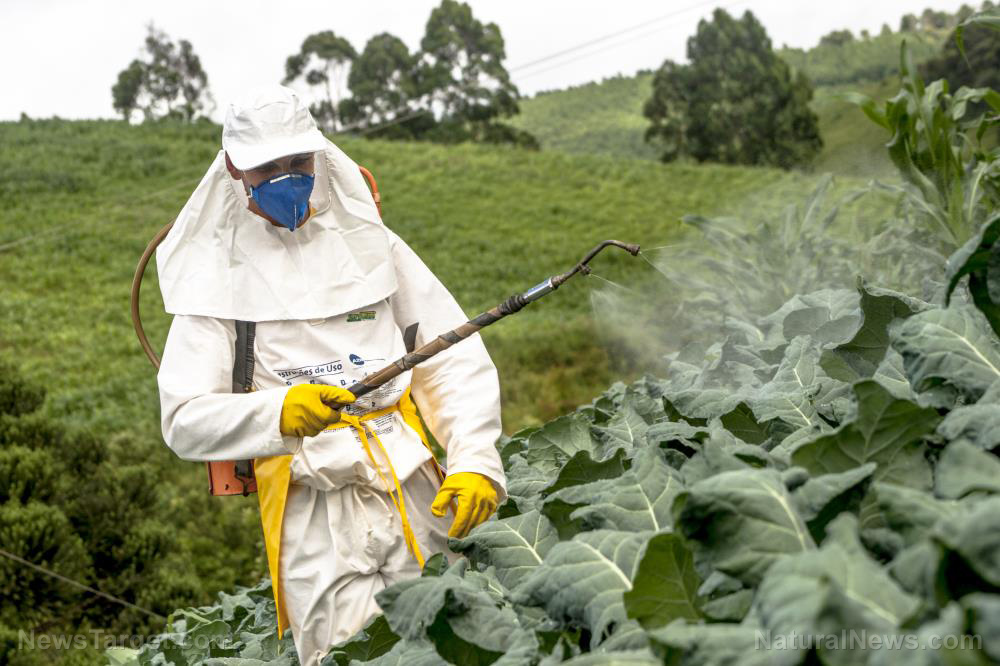Canadian farmer converts his 40,000-acre farm to all-organic
04/18/2018 / By Isabelle Z.

Consumers have been voting with their wallets in recent years, shying away from toxin-laced conventional produce and shelling out for organic varieties instead. Some observers might have initially dismissed this as a trend that would eventually fade, but it’s clear that a desire for good health and environmental friendliness is not going out of fashion any time soon, and more and more farmers are stepping up to meet this demand.
In fact, one 40,000-acre Canadian farm is currently in the process of becoming entirely organic, and it will take the honor of being the country’s biggest organic farm once it makes the full transition. The farm is big enough to make 2.2 million bushels of wheat every year. Owner Travis Heide says he plans to also start producing organic lentils, hemp, oats and peas.
Right now, the farm is only half organic, but the full transition is expected to be completed within two years. It’s an ambitious project when you consider the fact that Heide only started farming on a full-time basis four years ago. However, he grew up working on his parents’ Saskatchewan farm with his four brothers. He earned a business degree and worked as a commodity trader before starting up his own grain trading company. When his father asked him and his brothers to take over the family farm when he retired, they declined.
However, his interest in agriculture never waned, and he moved to Africa and helped to start up a farm in South Sudan. After returning home, he eventually decided to buy a Canadian farm of his own. When he found out the land he bought had not been poisoned by pesticides and other chemicals in the past, he knew it was the perfect opportunity to create an organic farm.
In addition to the growing consumer demand for organic produce, he believes that growing organically is a lot more economical in the long run than conventional growing. Eventually, he’s considering adding cattle to his operations to help get phosphorus to the soil. He believes it could take as many as 40,000 head of cattle to keep the soil fertile across his 40,000 acres.
Paving the way for future organic farmers
Heide says he is hoping to show others that the idea that organic crops can’t be mass produced is merely a myth.
“There’s a whole bunch of status quos these days: you can’t start a farm from scratch nowadays, you can’t do a large organic farm because there’s too much tillage…[But] if we can create opportunity for other people, create employment … that’s what we’re excited about,” he commented.
Hopefully, his success will inspire others to follow suit. He has said that he would like to see some of his employees eventually start their own organic farms in other parts of the country.
Organic’s popularity continues to grow
Organic sector sales skyrocketed from $3.7 billion to more than $43 billion between 1997 and 2015, making organic one of the fast-growing sectors within the food industry. Some of the biggest retailers in the U.S., like Costco, say they simply cannot obtain enough organic food to meet their customers’ demands.
Thankfully, more and more farmers are taking note and getting on board. Last year, 15 percent of American produce sales were organic, and this number is only expected to grow as more farms switch over. Transitioning to organic is a lengthy and complicated process for farmers, but it’s one that could pay off in spades over the long term for consumers and farmers alike.
Read Organics.news for more coverage of organic food production.
Sources for this article include:
Tagged Under:





